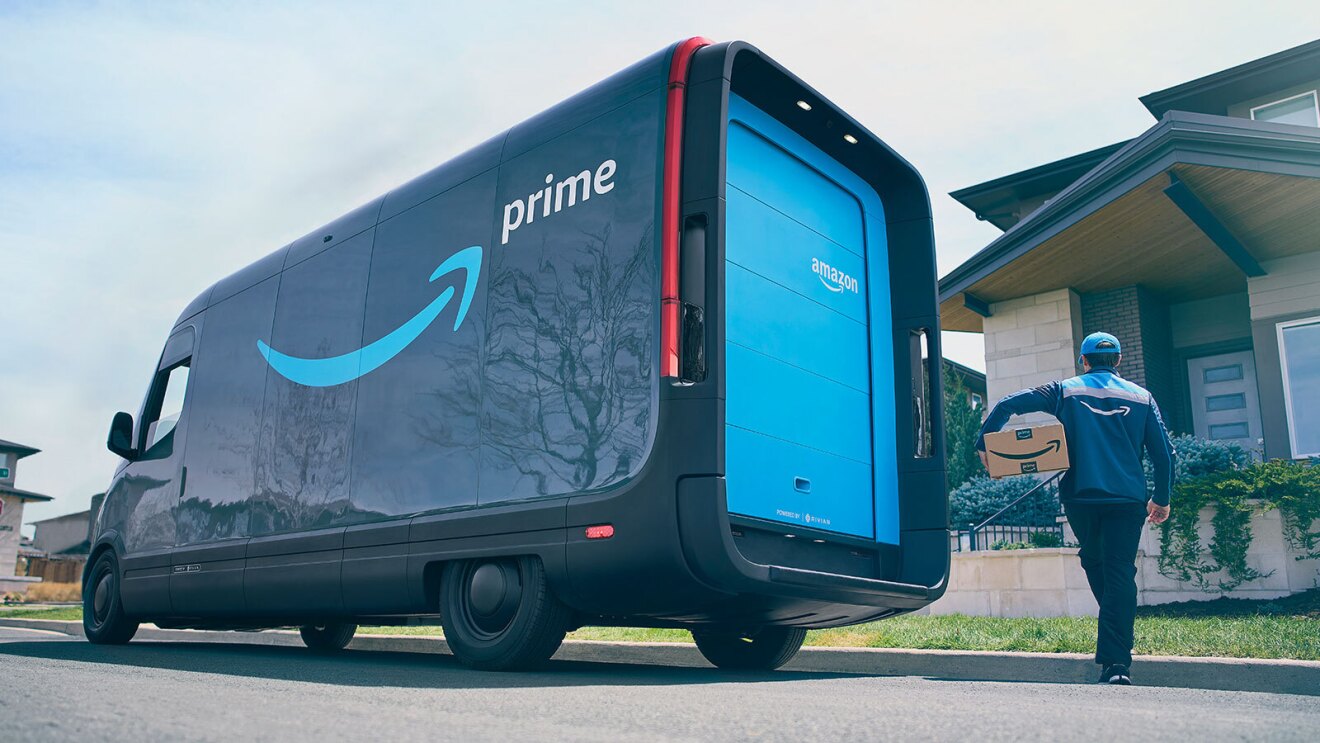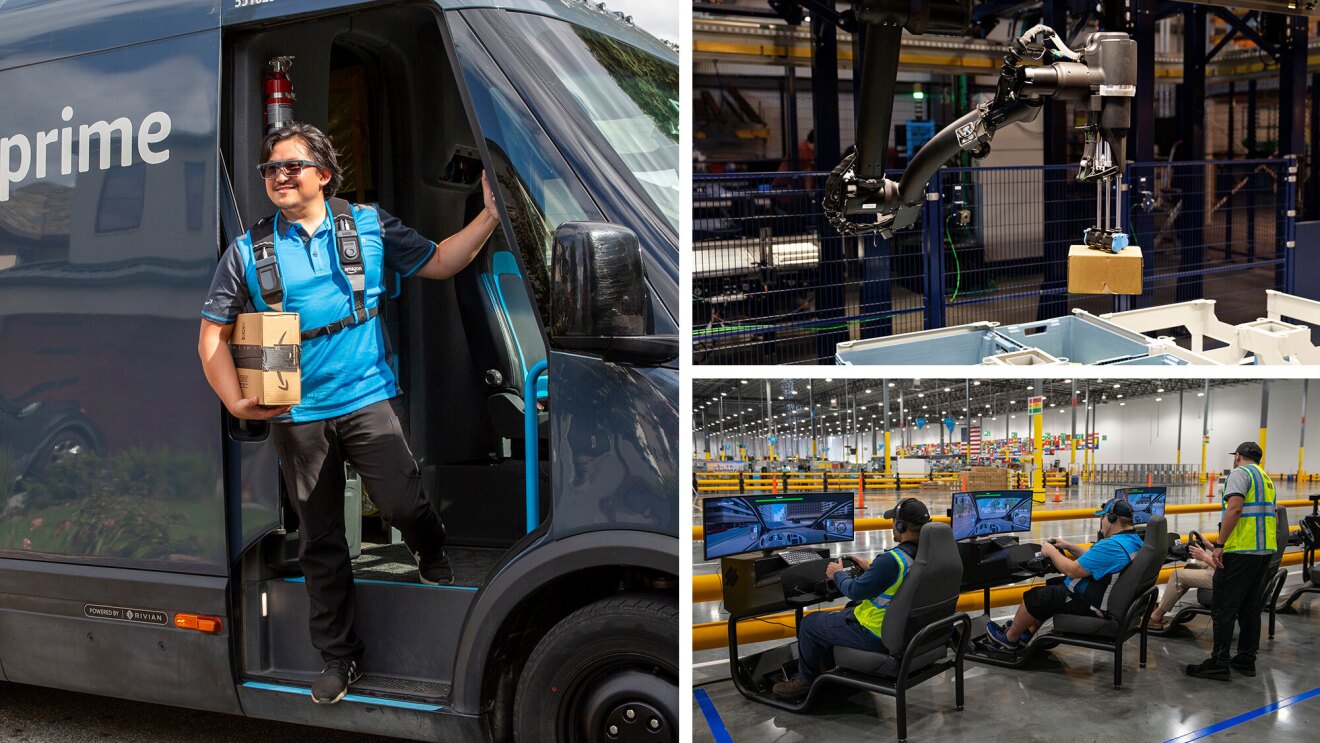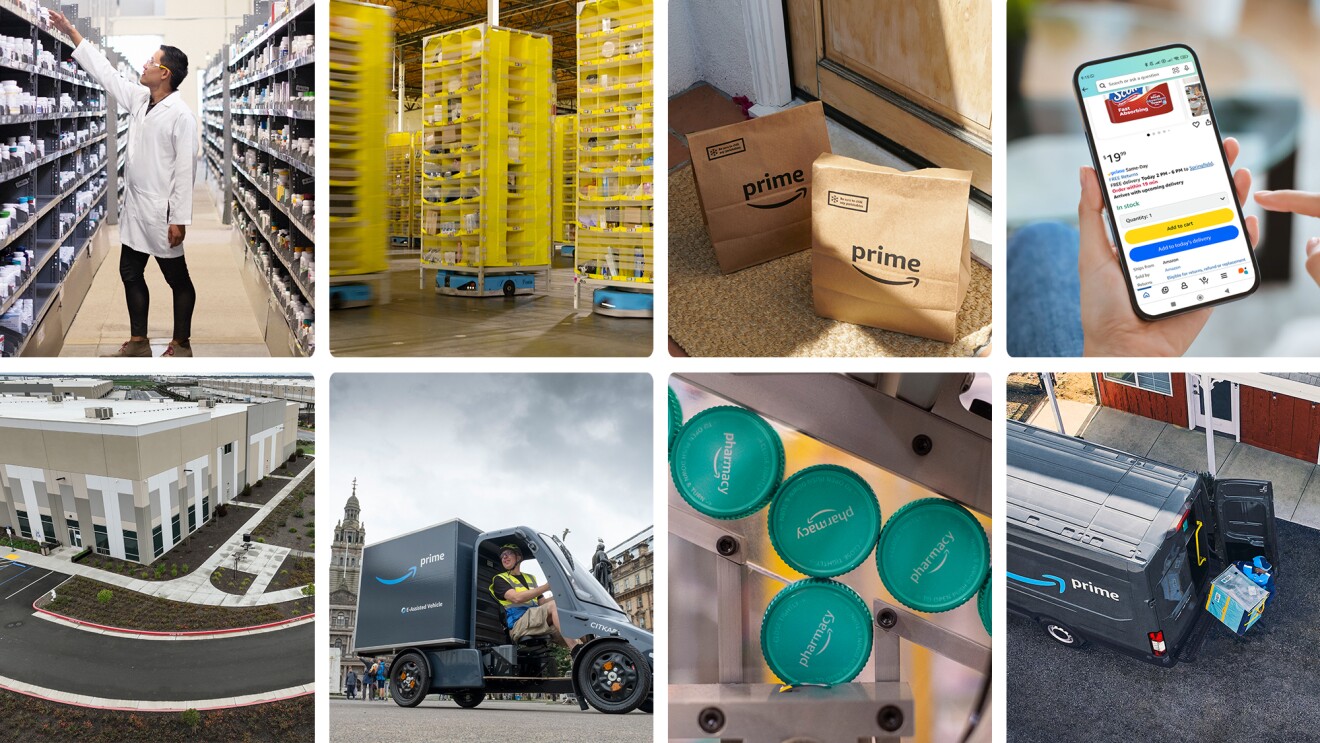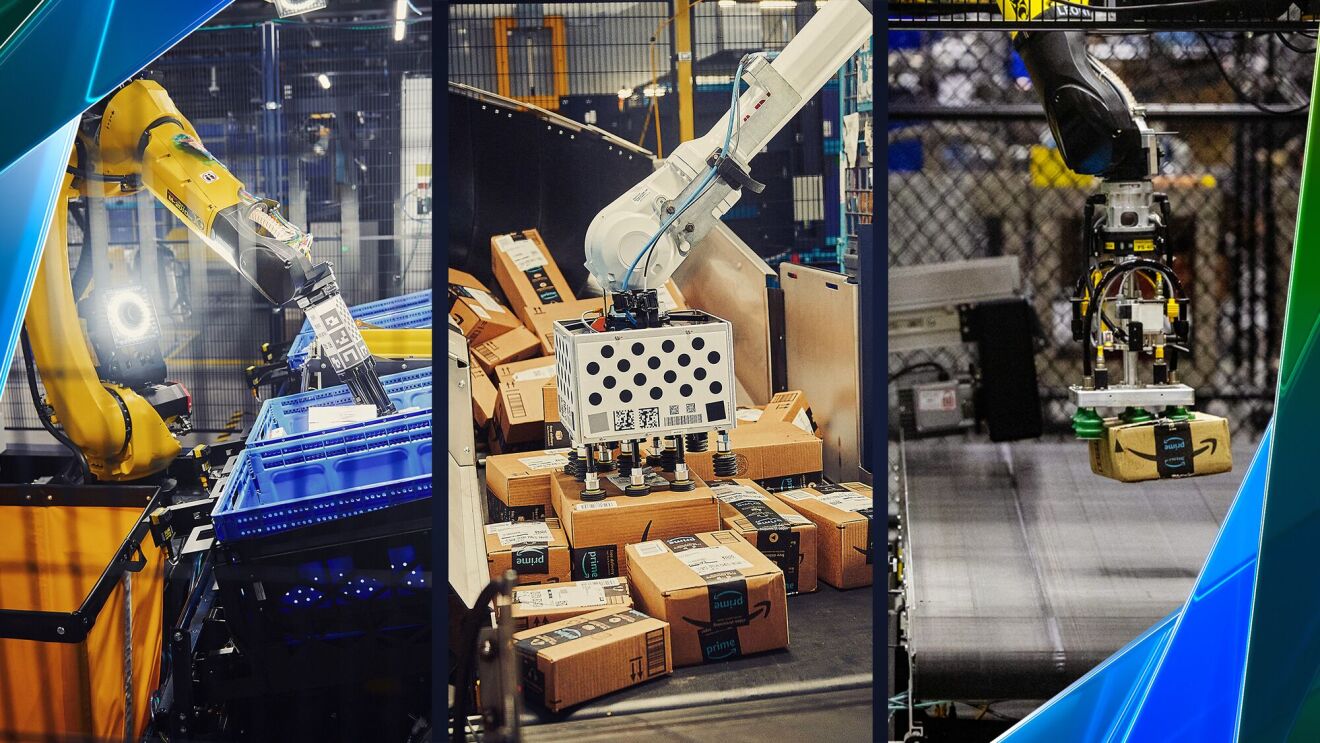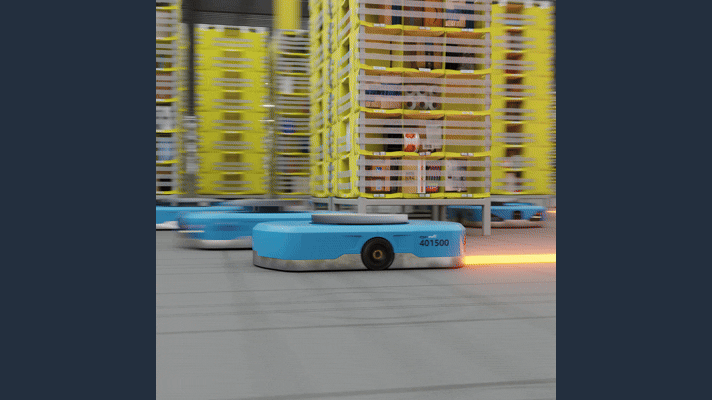Amazon’s commitment to The Climate Pledge means that we are focused—first and foremost—on decarbonizing our operations and sending strong signals that we are in need of new solutions and technologies to help accelerate our path to net zero carbon by 2040. Air cargo is an important part of Amazon operations, but also a highly carbon-intensive part of the global supply chain. Finding sustainable alternatives and working with all industries to accelerate the transition to more sustainable products and services is one of the most important, yet challenging, elements of our work to meet The Climate Pledge.
We are proud to announce that Amazon Air has secured up to six million gallons of sustainable aviation fuel (SAF) supplied by Shell Aviation and produced by World Energy. With this twelve-month deal, Amazon Air, in our short history, is prioritizing sustainability by bringing SAF into our air operations. This commitment also makes Amazon Air a key enabler of SAF production, building demand as the fuel industry seeks to increase access to low-carbon aviation fuel.
Sustainable aviation fuels are derived from renewable resources and generate fewer carbon emissions than standard aviation fuel. The blended fuel we secured includes feedstock of inedible agricultural waste fats and oils and has the power to reduce carbon emissions by up to 20 percent.
SAF is produced by World Energy, one of the largest and longest-serving advanced biofuel suppliers in North America. World Energy and Shell collaborated to develop a SAF solution to enable businesses to decarbonize aviation. Amazon Air then worked with Shell Aviation to secure the fuel, which will be added to the existing fuel supply at select airports where we operate, to be used by our partners and other carriers. When SAF is used, it has the power to reduce carbon emissions by replacing up to six million gallons of conventional aviation fuel with a sustainable alternative. Amazon Air's investment in SAF will help to reduce carbon emissions from our operations, while also building confidence in the sustainable fuel industry.
"Development of more efficient air cargo solutions is critical to achieving our goal of net-zero carbon across Amazon by 2040," said Sarah Rhoads, vice president of Amazon Global Air. "We're already reducing carbon across our air network, from our ground operations—where we were the first to use electric main deck loaders in North America—to our fleet and network design. Using sustainable aviation fuel is a natural next step, and one that calls for continued action. We encourage other companies to join us in the effort to engage with suppliers to create more fuel alternatives."
Earlier this year, Amazon trialed SAF on two flights originating from Washington, to Arizona and Connecticut. The lessons we learned helped us expand the use of SAF within Amazon Air. The team places importance on exploring and trialing new technologies that can reduce carbon emissions, with the goal of that having a ripple effect through the industry.
Sustainability is already a focus at our Amazon Air Regional Air Hubs, with investments in leading-edge electric ground service equipment to replace diesel-powered alternatives, and solar rooftop panels atop new air cargo facilities. Amazon Air will continue to explore more ways to make our dedicated air operations—both in the air and on the ground—even more sustainable.
As the co-founder and first signatory of The Climate Pledge, Amazon will continue to deploy sustainable modes of transportation across operations and delivery, including the purchase of 100,000 electric vehicles from Rivian. We are on a path to powering our operations with 100 percent renewable energy by 2025, reporting our carbon footprint annually, implementing decarbonization strategies in line with the Paris Agreement through real business changes and innovations, and neutralizing any remaining carbon emissions through a $100 million Right Now Climate Fund. Amazon also launched the Climate Pledge Fund, a $2 billion fund to back visionary companies whose products and services will facilitate the transition to a zero-carbon economy.
01 / 09
Trending news and stories











